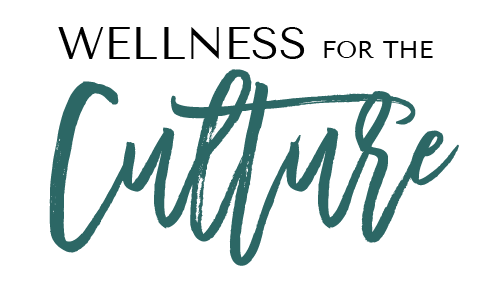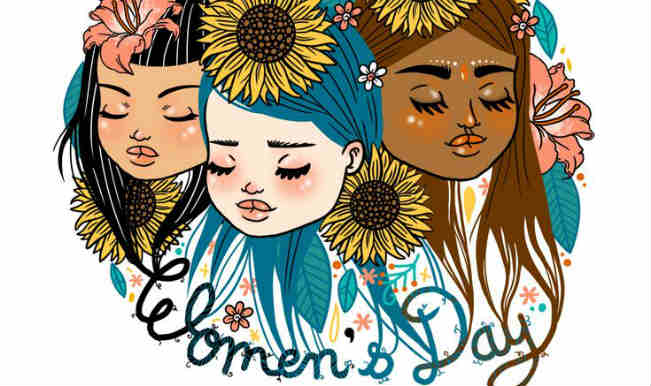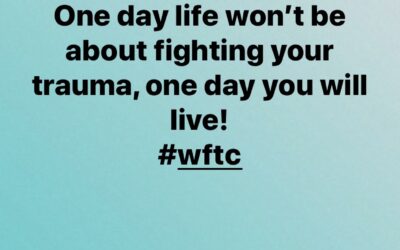There’s a saying that ignorance is bliss, no ignorance is ignorance. The thing about ignorance is when you’ve taken a charge to educate people, when you have a platform, when you’ve taken your place on your soapbox, this very ignorance can dismantle the progress and turn people away from being educated. How you cease being ignorant is by reading and listening to other’s world views. By listening and hearing. Black men and women have a history that has constructed who we are today. “Yea, we know” you say, then why aren’t you doing the work? Our identity, our mental wellbeing depends on it. How do you suppose we as women stand in our truth and value all of our essence?
When we know our history as women (and men) we will know what we have overcome and will not allow ourselves to be affected by simple things such as stereotypes. You’ll be able to say, “Black women, yea we did that already, so depression who? Anxiety what? I can beat this.” “Low self esteem: girl do you know my ancestors?” When will we as women stop allowing stereotypes based off of slavery to create our identities? Black men and women still carry the burden and lie that black men don’t stay and maintain families and that the black woman is more loyal to her career than her man or family. I’m going to talk about the identity of the black woman simply because it’s Women’s History Month and Women’s International Day.
My favorite identity is being a woman, then black. Someone smart said, “being black and a woman is like being black twice.” THIS! I am here for because they are two marginalized and demeaned identities.Over this past weekend on twitter (my favorite platform- eye roll), I came across a poll that read: “True or false? The modern day black woman is more loyal to her career than to her man?” My stomach hurt because the entity that wrote this sex bait has a platform with a mission to empower and inform people of issues in the black community. Not only is the issue loaded with misogyny, but it is suggestive that the women’s sense of purpose and identity isn’t multi-faceted and complex. Complex meaning, since black women, as workers during slavery, could not be treated as the, “weaker sex,” or the, “housewife,” and that black men could not be candidates for the figure of, “head of family,” and certainly not for, “family provider.” So, if this is true, could the same question be posed of the black man?
It is also said that if you cannot make the same statement in reverse, it’s probably sexist.
I wouldn’t be using my platform if I simply responded yes or no! Neither is true, nor captures the intersectional identity and plight of the Black woman. There is care, thought, and a history of struggle put into the way we tactfully weave our lives together. We exist in a battlefield with multiple enemies; where in this case we’ve mistaken Black men for allies.
That’s not even the most offensive part. The response to my comment was an act of betrayal that reflects much of what has become of black relationships. The response read, “Nope it’s just a question, relax.” I’m going to take a step back from my intellectual self and say that you never tell any woman, let alone a Black woman to, “relax,” while invalidating her ideas, thoughts, or beliefs. That was ignorance and what I heard at that moment was, “finish him”.
However, I took a step back and reminded them of their mission, to which the comment was deleted (boo). How much more powerful would it have been to accept and acknowledge the wrong?
“Assertiveness and self reliance –for which black women have been frequently praised but more often rebuked- are reflections of their struggle.”- Angela Davis
I consulted with Angela Davis regarding this happening (via book). I did some reading to remind myself of my identity as a Black woman, as an educator, and as a helper. My goal is to empower Black women today and free them from misogynistic views and to provide a learning opportunity to our once allies. When I hear the two stereotypes I mentioned previously, it is clear that someone did not do their research. By once allies, I am referring to men like Frederick Douglas, who Davis refers to as the most outstanding male advocate of women’s equality during the 19th century. She also states that WEB Dubois emerged as the leading male advocate of women’s suffrage in the 20th century. So you see, our black men have to lift us up despite societal norms. During suffrage, women took on the “housewife” and “mother” identities, both synonymous with weakness. But among Black female slaves this vocabulary was nowhere to be found. Because economic arrangement of slavery contradicted the hierarchal sexual roles incorporated into new ideology. Male-female relations with the slave community could not there for conform to the dominant ideological pattern.
Since women, like men, were viewed as profitable, slave holders could care less about gender roles. As quoted in the text, “the slave woman was first a full time worker for her owner, and then incidentally a wife and homemaker.” Masters required women to be as masculine in their performance, despite being raped and bearing children. This experience, having a profound effect on Black women and simultaneously, acquiring qualities considered taboo by the 19th century ideology of Womanhood, or else we wouldn’t be having this conversation.
But there could be a silver lining to not having gender roles being impressed upon you ; Black women have largely escaped the psychological damage industrial capitalism inflicted on white middle class housewives who alleged ventured were feminine weakness and wifely submissiveness. Black women could hardly strive for weakness they had to become strong, for their families, and their communities needed their strength to survive.
“Like their men, black women have worked until they could work no more. Like their men, they have assumed the responsibilities of family providers.” – Also Angela Davis
This, all of this, is my answer to the poll questioning our loyalty. This is my resignation to years of stereotypic identities and misogyny from our once allies.
Happy Women’s International Day!
Davis, A.Y. (1983). Women, Race, & Class. New York: Random House.




